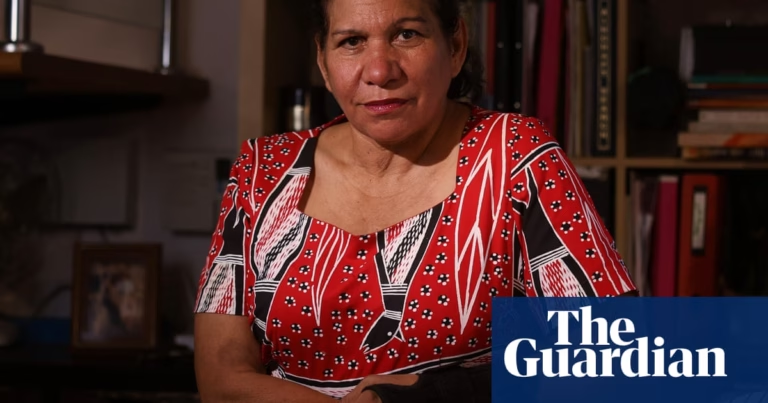The UK government has announced plans to reduce the use of pesticides on farms by 10% by 2030 as part of efforts to protect bees and other pollinators. Campaigners have welcomed the move but expressed disappointment that the target applies only to arable farms and not to urban areas and parks. The plan to cut pesticide use has been in the works since 2018, and includes a new pesticide load indicator and support for integrated pest management strategies. The target not only considers the quantity of pesticides used but also their toxicity, which has been hailed as a positive step by health and environmental organizations. However, there is concern over the lack of commitment to phasing out pesticide use in urban settings, where it can harm people, pets, and wildlife. Farmers have welcomed the plan and called for government support in creating habitats for beneficial insects that prey on pests, emphasizing the need for a transformative approach to reduce chemical use and foster biodiversity. The government is also taking action to end the use of certain pesticides, such as neonicotinoids, which are harmful to bees. Environment minister Emma Hardy reiterated the government’s commitment to environmental protection alongside economic growth and sustainable farming practices.
Source: https://www.theguardian.com/environment/2025/mar/21/use-of-pesticides-on-uk-farms-to-be-cut-by-10-by-2030-to-protect-bees









